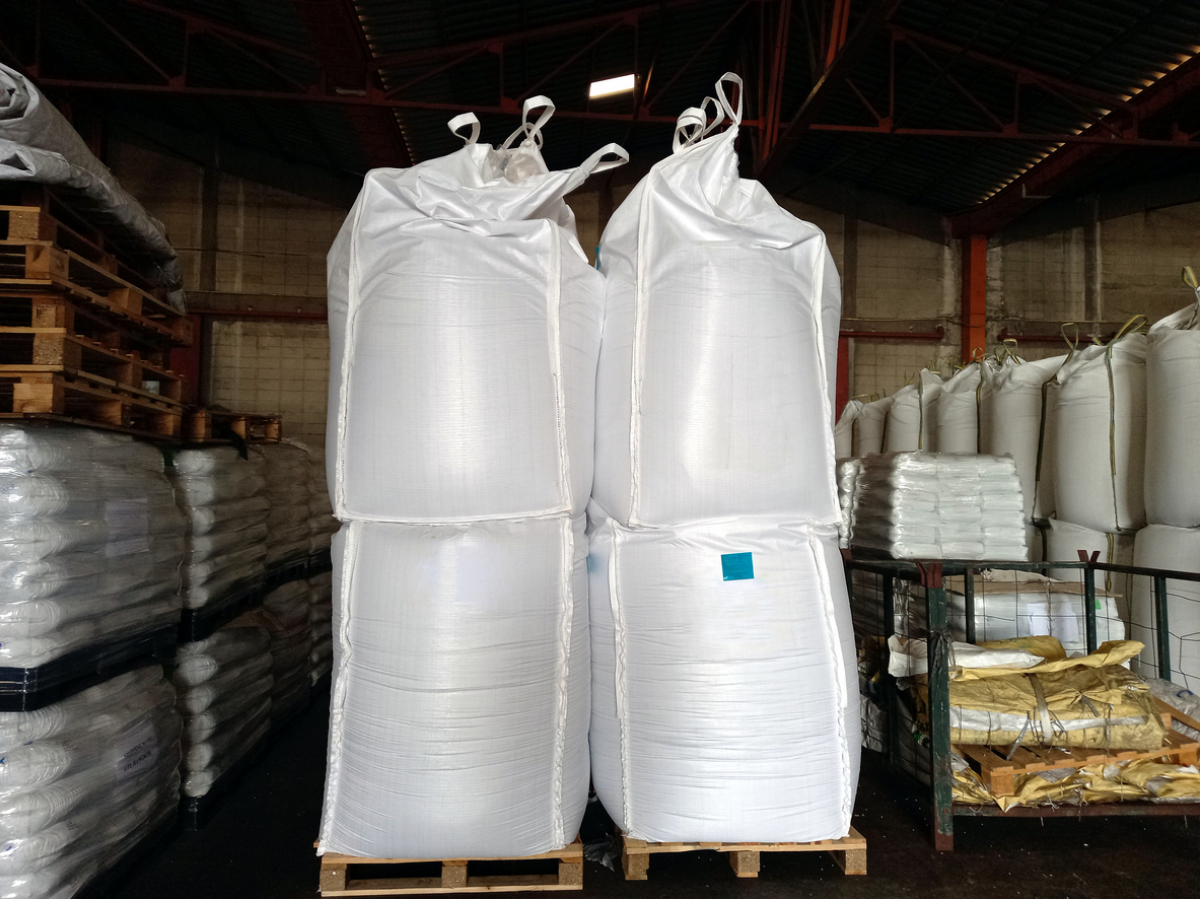
Sugar exports must meet certain quality standards and specifications
Sugar exports must meet certain quality standards and specifications set by both the exporting and importing countries for several important reasons:
Consumer Safety and Health: Quality standards ensure that exported sugar products are safe for consumption. High-quality sugar should not contain harmful contaminants, pathogens, or impurities that could pose health risks to consumers. Meeting these standards helps protect public health in both the exporting and importing countries.
Consistency and Reliability: Quality standards provide a benchmark for the consistency and reliability of sugar products. Consistency in sugar quality is vital for food and beverage manufacturers who rely on sugar as an ingredient in their products. Meeting these standards ensures that the sugar performs consistently in various applications, such as baking, confectionery, and beverage production.
Trade Facilitation: International trade in sugar is a significant component of the global economy. Standardized quality specifications make it easier for importing countries to assess the quality of the product they are receiving, facilitating smooth and efficient trade transactions. This helps reduce trade disputes and disputes related to product quality.
Consumer Preferences: Different markets and regions may have specific preferences for sugar characteristics such as color, granulation size, and flavor. Meeting quality standards allows sugar exporters to cater to these preferences and adapt their products to the tastes and needs of their target markets, enhancing their competitiveness.
Product Traceability: Quality standards often require proper labeling and documentation, including information on the origin, processing methods, and composition of the sugar product. This traceability is crucial for tracking the source of any quality issues or contamination incidents and allows for swift recalls if necessary.
Compliance with Regulations: Both exporting and importing countries have regulatory bodies responsible for ensuring the safety and quality of food products, including sugar. Exporters must adhere to these regulations to access international markets. Failure to meet quality standards can result in the rejection of shipments, fines, or even legal consequences.
Market Access: Many countries impose strict quality standards as a condition for market access. Complying with these standards is often a prerequisite for obtaining the necessary permits and licenses to export sugar products. Access to international markets can significantly expand the customer base and revenue opportunities for sugar exporters.
Competitiveness: High-quality sugar can command premium prices in the global market. Meeting and even exceeding quality standards can enhance the reputation of sugar-exporting countries and companies, making their products more attractive to buyers and enabling them to compete effectively on a global scale.
“Adhering to quality standards and specifications for sugar exports is essential for ensuring consumer safety, facilitating trade, meeting regulatory requirements, satisfying consumer preferences, and maintaining the competitiveness of sugar-exporting nations and businesses in the global marketplace. It is a crucial aspect of the international sugar trade that benefits both producers and consumers.”








